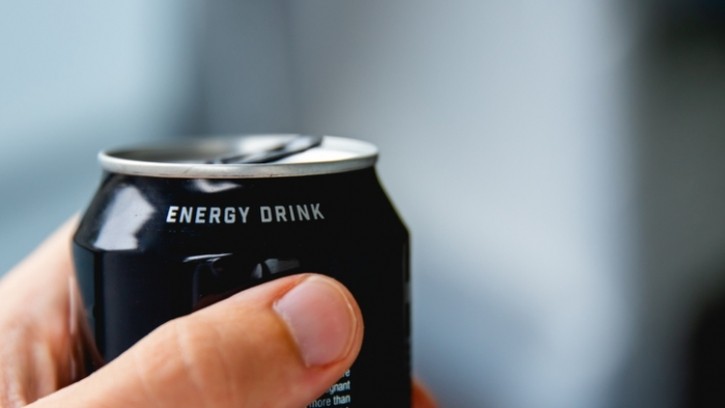Caffeine crack down: Researchers call for UAE policy action over school children energy drink consumption

The study, first-of-its-kind in the country, looked at the prevalence of caffeinated energy drink (CED) consumption and its associations with sleep, physical, mental health, as well as dietary and lifestyle habits.
An online self-administered questionnaire, available in both Arabic and English targeting students in Grades 8 to 12 (ages 14 to 18) was disseminated via Google Forms.
The questionnaire delved into six domains, encompassing sociodemographic details, CED consumption habits, diet and lifestyle behaviours, self-reported physical and mental health, as well as sleep quality. Responses from 4648 students collected between November 2021 and March 2022 were analysed.
Low consumption rate
The study found 20% of the schoolchildren consumed CED and only 2% do so on a daily basis. Key motivators include taste, enhanced energy, improved study abilities, and prolonged wakefulness.
Over two-thirds of students were aware of CED’s caffeine content and its associated long-term health risks such as heart disease, irregular heartbeat, high blood sugar, addiction, high blood pressure, and obesity.
Schoolchildren reported having body aches and feeling angry, nervous, and anxious were found to consume significantly more caffeinated energy drink (CED) than their counterparts.
Correspondingly, schoolchildren who reported feeling lonely had significantly more CED consumption than those who reported otherwise.
Associations between CED consumption and smart device use emerged, with non-consumers spending significantly less time on devices. Students exercising more than three times per week also exhibited higher CED intake.
The study’s findings on the prevalence of CED consumption among schoolchildren are generally consistent with previous findings from the UAE. In fact, the reported prevalence is much lower than other parts of the world, where it usually ranged between 28 to 66%.
Researchers attributed this relatively lower prevalence of CED consumption among schoolchildren in the UAE to the legal restriction on selling CED to children under 16 years old.
Unexpected finding
Nevertheless, contrary to expectations, the study found that schoolchildren who slept less than six hours per night and six to seven hours per night reported significantly lower CED consumption than those who slept more eight hours or more per night.
Those who reported less CED consumption also reported significantly less difficulty falling asleep, even though the impact on sleep quality was believed to be a result of both caffeine stimulatory effects from CED and potential blue light exposure from extended smart device use.
Researchers believe the unexpected finding could be due to the lack of formal sleep quality assessment. They also acknowledge this observational and self-reported study is susceptible to other limitations such as social desirability and recall biases and results are not meant to be inferred causally.
Besides, the associations between CED consumption and self-reported physical and mental health variables may be affected by the fact that caffeine is present in other food and drinks along with other nutrients that may influence physical and mental health.
Implications
Overall, researchers acknowledged the absence of comprehensive assessment tools and other validated measures for mental health hand eating behaviours lessens the robustness of the current findings.
Nevertheless, they still believe the study has a broad policy implication for improving the provision of health services among UAE schoolchildren.
“The overall adverse health effects of CED are exacerbated by the industry’s aggressive marketing directed to adolescents, and the absence of activated regulatory and parental supervision,” the researchers wrote.
“To combat this growing public health concern, policymakers should consider creating a discreate regulatory category for CED, establishing an evidence-based upper limit on caffeine, insisting on the application of restricted CED sales for schoolchildren and adolescents, and enforcing regulating existing CED marketing strategies, particularly among schoolchildren and adolescents.”
Source: Frontiers in Public Health
Caffeinated energy drink consumption among Emirati adolescents is associated with a cluster of poor physical and mental health, and unhealthy dietary and lifestyle behaviors: a cross-sectional study
https://www.ncbi.nlm.nih.gov/pmc/articles/PMC10613644/
Authors: MoezAlIslam E. Faris et al.










